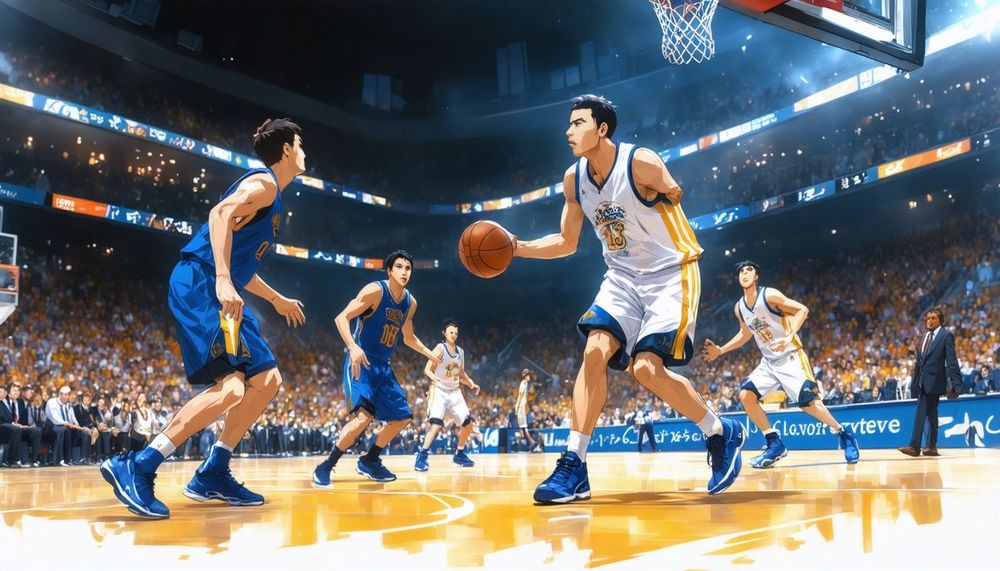Knicks Look to Rebound After Tough Game 2 Loss Against Pacers

The Indiana Pacers staged a remarkable comeback in Game 1, putting the higher-seeded New York Knicks on notice with a surprising turn of events. Following a 114-109 defeat in Game 2, the Knicks find themselves in a precarious position as they prepare to hit the road. Historically, no team in NBA history has lost the first two games of a conference finals series at home and successfully advanced to win the series. However, the Knicks now have an opportunity to forge their own path in this tightly contested matchup.
To secure four victories in the next five games, the Knicks must address several critical areas of their performance. Although the Knicks have managed to slow the game pace compared to the regular season, it remains insufficient to counteract the Pacers' strengths. Indiana thrives when they can execute their fast-paced transition game, advancing the ball quickly and exploiting defensive weaknesses. Throughout Games 1 and 2, the Pacers effectively utilized this strategy, making it imperative for New York to focus on enhancing their transition defense. Rapidly getting back on defense, regardless of whether the Pacers make or miss a shot, will be essential for the Knicks moving forward.
In addition, the Knicks are encouraged to adopt a more deliberate approach on offense. Lengthening possessions may wear down the Pacers' defensive stamina and create more opportunities for high-quality shots. The Knicks have struggled with assists during the series, recording only 18 in Game 2, with more than half of their scoring in that game coming from unassisted baskets. This is partly indicated by Jalen Brunson's high number of field-goal attempts across the two games, which suggests that New York is not fully leveraging Indiana's defensive vulnerabilities. The Pacers present a multifaceted offense that demands constant alertness from defenders. To counter this, the Knicks should find ways to diversify their offensive strategies, ensuring they do not become overly predictable and give defenders a chance to rest.
Three-point shooting has also been a prominent factor in the series. While the Knicks trail by just six points in total three-point shooting, that gap is noticeable, particularly over the span of the games. The Knicks' perimeter defense has come under scrutiny, especially during pivotal moments such as Aaron Nesmith's scoring spree during Game 1. Improved communication and urgency in closing out shooters must be priorities for the New York defense. This may entail more aggressive switching on screens, as the risk is mitigated by the knowledge that Myles Turner is not a dominant post-up threat. Adopting a flexible defensive scheme, switching between man and zone coverage, could also introduce an element of unpredictability while minimizing the risk of leaving open looks for skilled shooters.
Individual scoring threats on the Pacers roster further complicate New York's task. Pascal Siakam, who averaged a team-high 20.2 points during the regular season, exploded for 39 points in Game 2. While it can be challenging to neutralize an in-form player, the Knicks may need to consider deploying additional defenders to limit his scoring chances. Striking a balance between maintaining Brunson’s impactful play while ensuring defensive adaptability could be crucial as the series progresses.
Addressing the productivity of the bench is another area of concern. The Pacers have significantly outscored the Knicks' bench in the early stages of the series, leading to a 52-28 discrepancy. With key players like Jalen Brunson and Mikal Bridges logging heavy minutes, the risk of fatigue becomes a legitimate factor later in the series. To alleviate this burden, the Knicks may need to seek contributions from less prominent players, potentially allowing for strategic rotations that can provide a breather for their main contributors. A few key three-point shots or solid minutes from a bench player could help shift the series' momentum.
In conclusion, the Knicks are at a crucial juncture in the series against the Pacers. As they prepare for their upcoming games, adjustments in transition defense, offensive strategy diversification, three-point defense, and bench productivity will be paramount to keep their hopes alive for a comeback against a formidable opponent.









